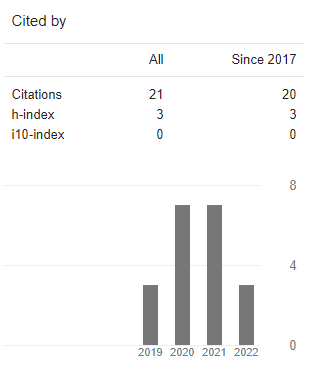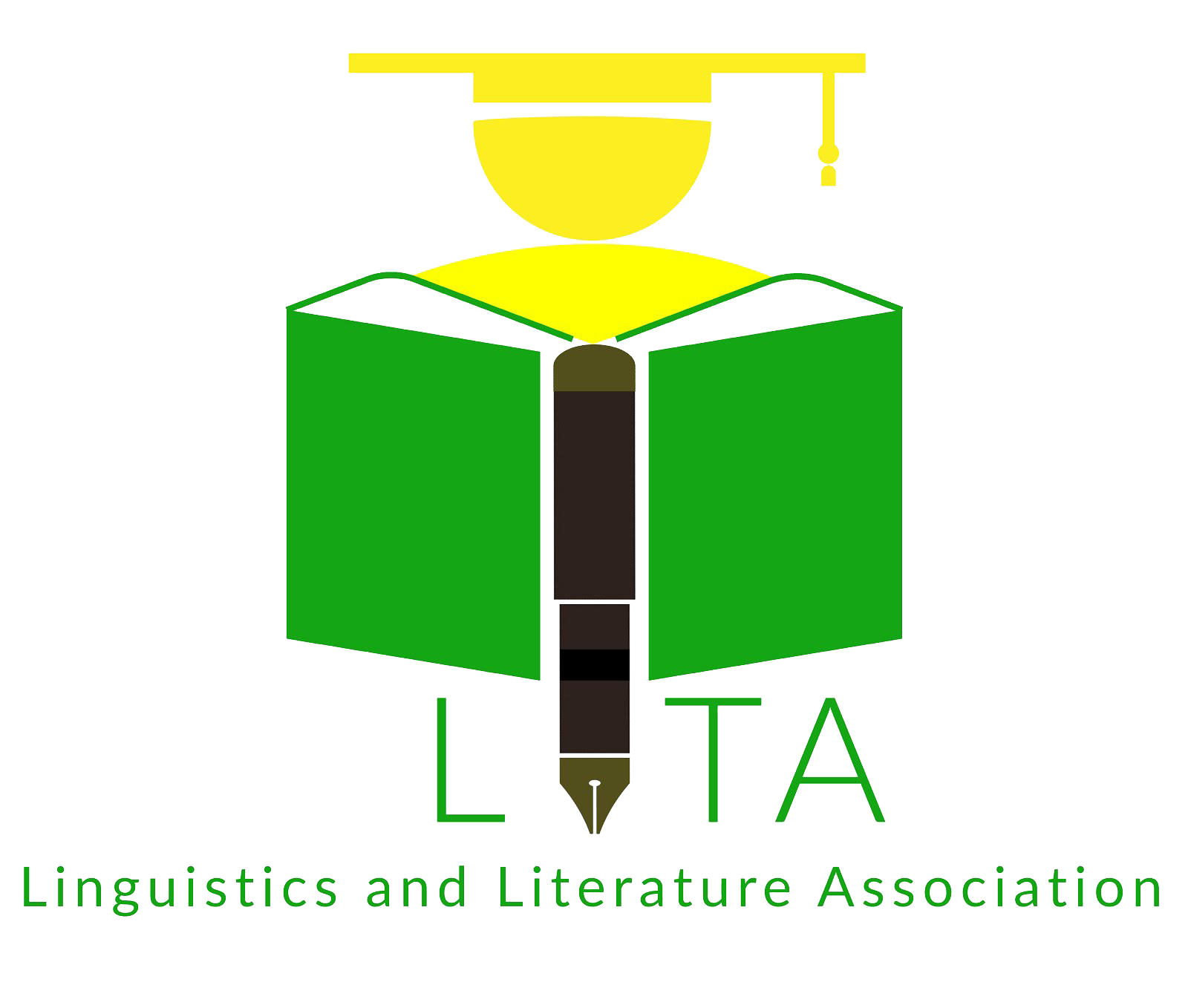Contending with Revelationism: The Transgression of the Totality
DOI:
https://doi.org/10.21776/ub.alphabet.2022.05.01.06Keywords:
Ideology, Power, Revelationism, Subjectivity, TotalityAbstract
This paper contends with “Revelationism†which is depicted by Malcolm Turvey in his Doubting Vision. Its thesis is that any effort made by showing scenes on the screen, no matter how helpful or sophisticated the camera in enhancing the vision ability, will only cause the spectators to cling more on the power of Totalitarian Master and therefore the return to subjectivity is importance. In the first part of the paper, I will start by introducing about the act of seeing followed by examining Turvey's Doubting Vision which mainly focuses on Revelationism. In the next part, I will further explore especially part of Turvey's argument related to the contemporary theory, discuss about fantasy of totality, especially body as a totality, and then analyze Alien quadrilogy as the example. In the last part, I will establish the laying foundation of my argument connected with the way Totalitarian Master works and para-identification which basically contend with the revelationism. In the conclusion, I argue that movies rather than reveal something, it functions more like giving the notion that the spectators will never understand wholly. Indeed, it is this feeling of being exploited by Totalitarian Master which then clearly shows the importance to return to subjectivity.References
Cartmell, Deborah. Alien Identities: Exploring Difference in Film and Fiction. London: Pluto Press, 1999.
Cavalarro, Dani. Cyberpunk and Cyberculture: Science Fiction and the Work of William Gibson. London: THE ATHLONE PRESS, 2000.
Cavalarro, Dani. The Body for Beginners. England: Writers and readers, 1999.
Cavalarro, Dani. The Gothic Vision: Three Centuries of Horror, Terror and Fear. New York: Continuum, 2002.
Foucault, Michel, and Paul Rabinow. The Foucault Reader. New York: Pantheon Books, 1984.
Malcolm Turvey, Doubting Vision. New York: Oxford University Press, 2008.
Verhaeghe, Paul. Does The Woman Exist?. Trans. Marc Du Ry. New York: Other Press, 1999.
ZÌŒizÌŒek, Slavoj. The Sublime Object of Ideology. London: Verso, 2008.




















